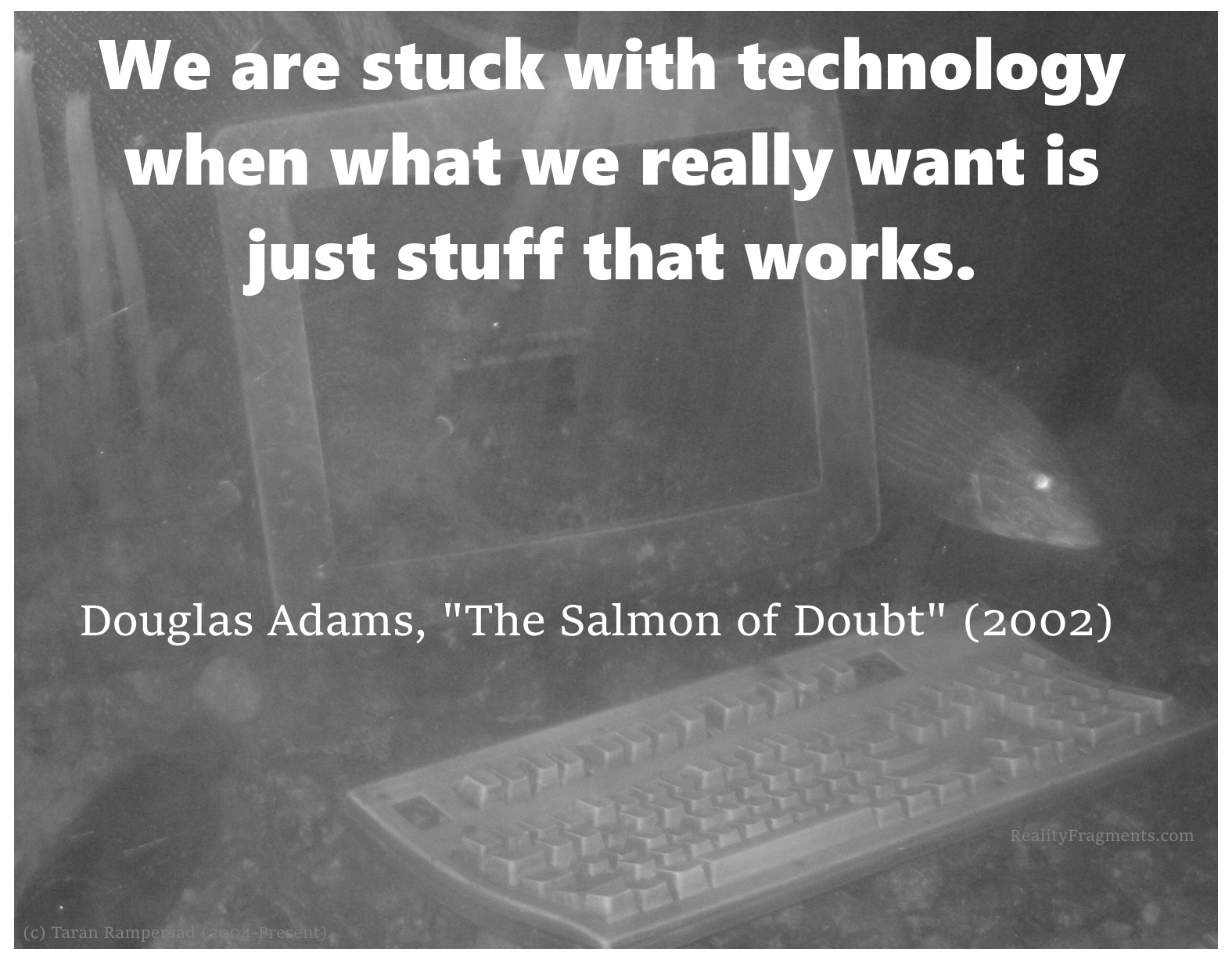 You might have heard something about this Covid-19 pandemic. It’s been a thing for a while. It’s causes all sorts of people to say all sorts of things behind masks, in front of masks, or without masks.
You might have heard something about this Covid-19 pandemic. It’s been a thing for a while. It’s causes all sorts of people to say all sorts of things behind masks, in front of masks, or without masks.
And everyone, of course, is an expert except, apparently, actual experts who disagree with one’s point of view. Covid-19 had nothing to do with that, it’s a common human problem which oddly has not been as self-limiting as some would wish it to be.
Covid-19 is relatively new to us, and it’s been demonstrating all sorts of weaknesses in human societies, from medical infrastructures to economies. We’ve been wearing masks and washing our hands, and hopefully the rest of our bodies, pretty well at this point. From a collective perspective, we’ve done pretty well. The argument against masks – remember, there’s still that – is that they don’t block everything. Of course not. But they block some, and the whole point of that was to ‘flatten the curve’ – a trendy way of saying, “we just want to slow things down so our medical infrastructure can handle things”.
There are still people posting on social media against masks. There are still questions about it’s efficacy. Yet in the grand scheme of things, masks aren’t as much trouble to wear. People complained about wearing condoms when HIV first came out when there were a multitude of other reasons to wear condoms (STDs and unplanned children), but some people were still pretty strongly against condoms.
So, in response to this pandemic, very well educated and experienced people who don’t post much on social media because they have stuff to do have created vaccines.
There’s different brands of vaccines, different countries that produce them, and different marketing. We’ll get back to this
Governments have varying levels of access to different vaccines, and they’re trying to vaccinate as many as they can because that’s what we expect governments to do: To at least try to do things.
And of course, we expect vaccinations will help.
Generally, I’ve found both the arguments for and against vaccination somewhat dumb. I’ll explain why.
Bear in mind I’m no expert, bear in mind I am not pretending to be, but bear with me.
(1) The Covid-19 vaccinations are largely untested at the level that other vaccines have been tested. This is no surprise. They were pushed out fast. And yes, they didn’t go through the rigorous testing. Let’s face facts, we are indeed the experiment, and yes, the data is messy because we’re in the middle of the experiment. So that argument really doesn’t go to either side.
(2) The Covid-19 vaccinations may not work against new strains. Well, we sort of knew that going in. That’s how vaccinations work. Influenza vaccines get updated frequently for this reason, perhaps too often, and are a multi-billion dollar industry. In 2020, the market was 5.86 billion US dollars. And there’s 290 000-650 000 influenza-related respiratory deaths worldwide, annually.
Compare that to over 4 million deaths in a year from Covid-19. So, if you’ve been getting your influenza shots, you have no business arguing the Covid-19 vaccinations from this standpoint when deaths are roughly around
800% to 900% more per year. If you haven’t been getting influenza shots, the same argument applies. Vaccines win here.
And the marketing? The different vaccines? The different articles? Works in progress. We’re in the middle of the experiment and there are no good answers.
(3) Vaccinations may have side effects. Sure. And this is why you talk to your doctor and why you should listen to what your doctor has to say about your particular case when it comes to Covid-19 vaccination instead of someone on social media. The lethal side effects of the vaccinations have been so small as to be considered negligible. In the case of Moderna, 339 million doses went out, 2 cases of TTS (Thrombosis with thrombocytopenia syndrome) happened in the United States. That’s 0.000000571%. Side effects: Not a good argument against vaccinations.
Yes, there may be side effects we don’t know about yet, but the odds are likely lower than the ones we do know about, and if not, we’re sort of screwed anyway, aren’t we? So vaccines win here.
(4) YOU CAN’T TELL ME WHAT TO DO!
OK, you win, I can’t tell you what to do, nobody should tell you what to do. I agree with the principle. You’re all grown up. But if this is your argument, I’m thinking you spent more time deciding what to get in the fast food line at lunch than you did about the vaccinations. If you’re truly going to act in your own best interests, perhaps you should research just a little bit more. And listen to Doctors. After all, while they may not have your social media connections, they did study medicine for, in the case of young doctors, roughly 1/3rd of their lives.
So, all in all… while there are good arguments against vaccination, they’re not quite good enough. This is the what I did before I got my own vaccination, because I have comorbidities, I recently had surgery, and I’m not going to screw around with this stuff.
No, I don’t think it should be legislated, I think that people should have the right to refuse it. I do. It’s a civil issue. But if we’re going to have that civil issue, we need people to actually think about their decisions – and even then, I know it’s complicated and it’s likely to get legislated because people aren’t thinking through their decisions. A misfortune, really, because by not thinking through one’s decisions…. in cases like this… eventually, decisions are made for individuals.

 You might have heard something about this Covid-19 pandemic. It’s been a thing for a while. It’s causes all sorts of people to say all sorts of things behind masks, in front of masks, or without masks.
You might have heard something about this Covid-19 pandemic. It’s been a thing for a while. It’s causes all sorts of people to say all sorts of things behind masks, in front of masks, or without masks.